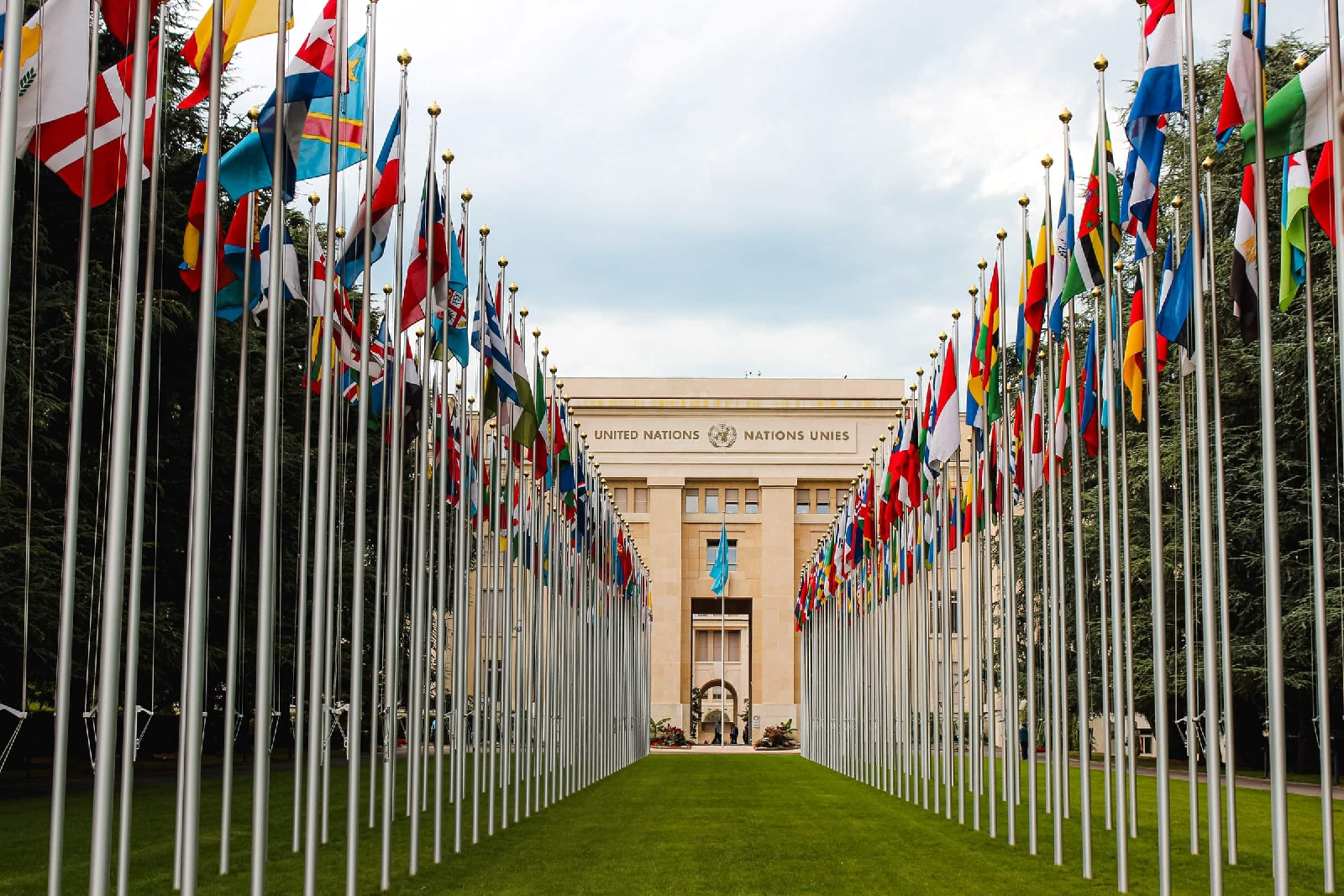13 December 2024
France's Political and Economic Challenges following Barnier's resignation
We will consider the current political and economic situation in France following Macron's calling elections in July 24 and the resignation of michel barney, the prime minister, after only two months in office, together with its budgetary challenges, its market implications, and the broader European context.
We will also need to consider the very limited options available to address these issues and provide a long-term stable outlook.
Key Themes:Political Fragmentation: France's recent snap election resulted in a fragmented parliament, making it difficult for Macron to govern effectively and pass necessary reforms. The election led to a parliament split among: Right-leaning parties (~1/3 of seats), Establishment and Left-leaning parties. This split made it difficult for Macron to implement policies effectively.
Budgetary Crisis: France faces a really significant budget deficit, exacerbated by a populist backlash against spending cuts proposed by the government, as well as, one suspects, rhe effete warlike and changeable Mr. Macron.
This led to a no-confidence vote, further deepening the political crisis. The Prime Minister Barnier proposed a plan to address France’s large budget deficit by curbing spending. But this plan faced strong opposition: Both right- and left-wing parties in France are generally populist and opposed to budget cuts.
Financial Market Concerns: The political turmoil and budgetary issues have negatively impacted France's financial markets. Borrowing costs for French sovereign debt have increased relative to German yields, even passing Greek, reflecting heightened risk perception. The political turmoil has affected France’s financial markets: Borrowing rates for French sovereign debt have widened relative to German yields, reflecting increased risk perception and raising interest repayments.
Structural Economic Challenges: France's problems reflect a wider trend in Western democracies where generous social programs are promised without sustainable funding mechanisms. The situation is further complicated by France's membership in the Eurozone, which means, it does not have sovereignty over its currency and thus limits its control over monetary policy and imposes the EU's strict 60%-3% deficit and spending limits. In fact, France’s fiscal issues reflect a broader trend across Western democracies: Governments often promise generous benefits without clear funding mechanisms. This increasingly worries bond markets, which are after all, the major source of liquidity in the system. France, in particular, is known for its "expansive" ie generous, welfare system.
Limited Options for Solutions: France faces a "trilemma" - it cannot print money freely, it cannot significantly increase taxes without negative consequences including capital and entrepreneut flight, nor can it easily stimulate economic growth.
This lack of flexibility severely constrains its ability to address its economic challenges. The inability to tax, grow, or print money freely presents a severe challenge for France and other EU nations.
Long-Term Outlook: The long-term economic outlook for France and the broader Eurozone remains pretty unclear and uncertain. Without significant innovation and productivity improvements, how can France meet its financial obligations and sustain generous social programs? The depreciating euro and potential further rate cuts by the ECB European Central Bank could exacerbate these challenges. Without significant innovation or productivity improvements, the economic outlook for Europe appears bleak.
Key Facts:
- Debt has been steadily increasing
- High marginal tax rates, particularly impacting lower-income earners
- European economic growth has been slow, largely due to low productivity
- Europe lags behind in technological advancements, particularly in the burgeoning AI sector.
Worries:
- This has left France in a political limbo, with a new Prime Minister tasked with drafting a more widely acceptable budget.
- Unlike monetary sovereign nations (e.g., the US), France is constrained by EU rules and lacks control over monetary policy (managed by the ECB).
- Monetary policy is controlled by the ECB, which enforces strict deficit limits of 60% debt to GDP and max 3% govt deficit, that are more like a gold standard and just as unattainable.
Conclusion: France faces heroic political and economic challenges that demand immediate attention. The lack of easy solutions and the constraints imposed by EU membership further complicate the situation.
Addressing these issues and worries will require not just bold and innovative policy solutions to stimulate growth and improve productivity, and ensure the long-term sustainability of France's social programs, but agreement in a fragmented Assembly of representatives, whose main concern are accession to the presidency rather than the country's national interest and a national interest that is, in any case, difficult to define, given the mix of ethnic and religious groups now making up most western societies.





















